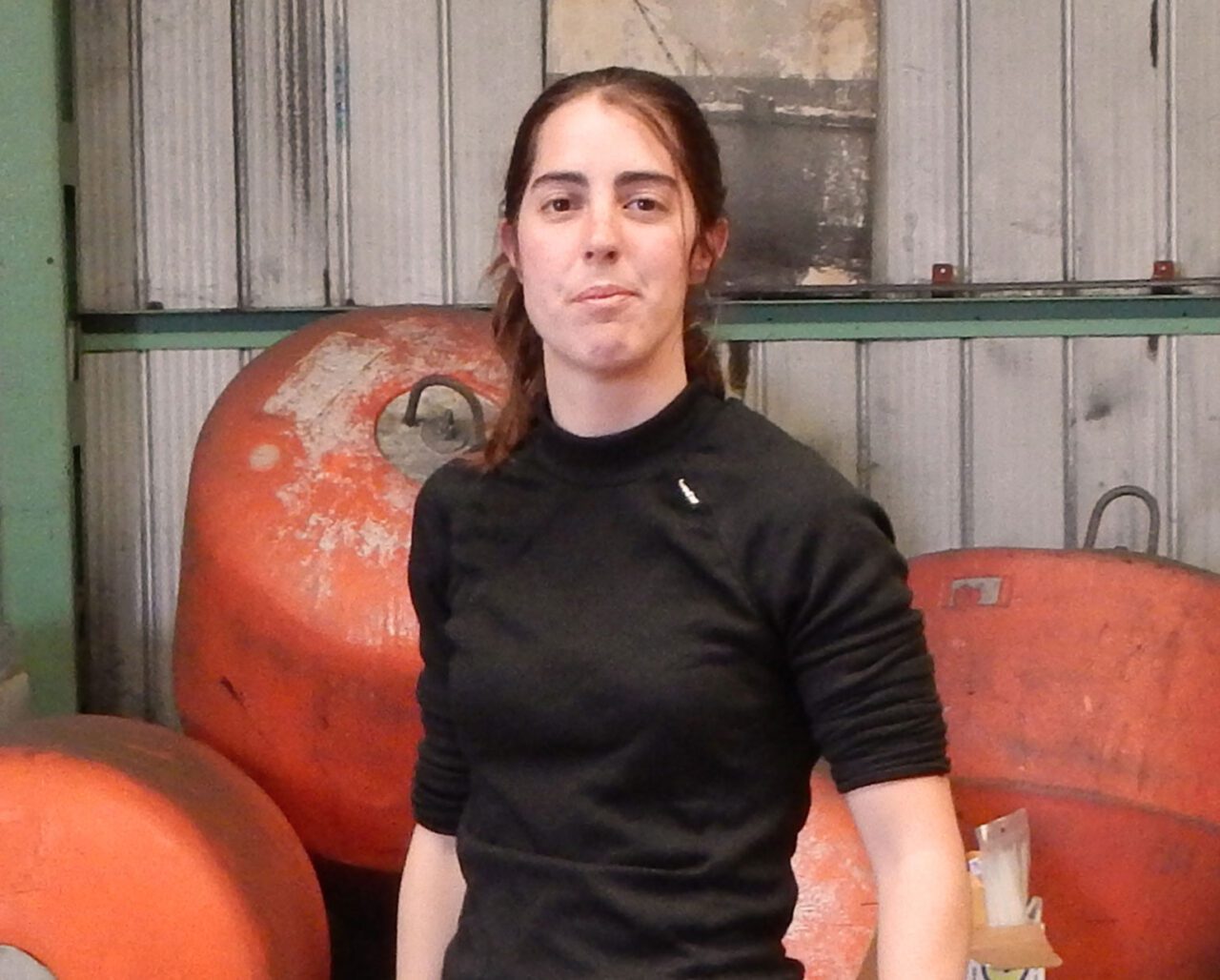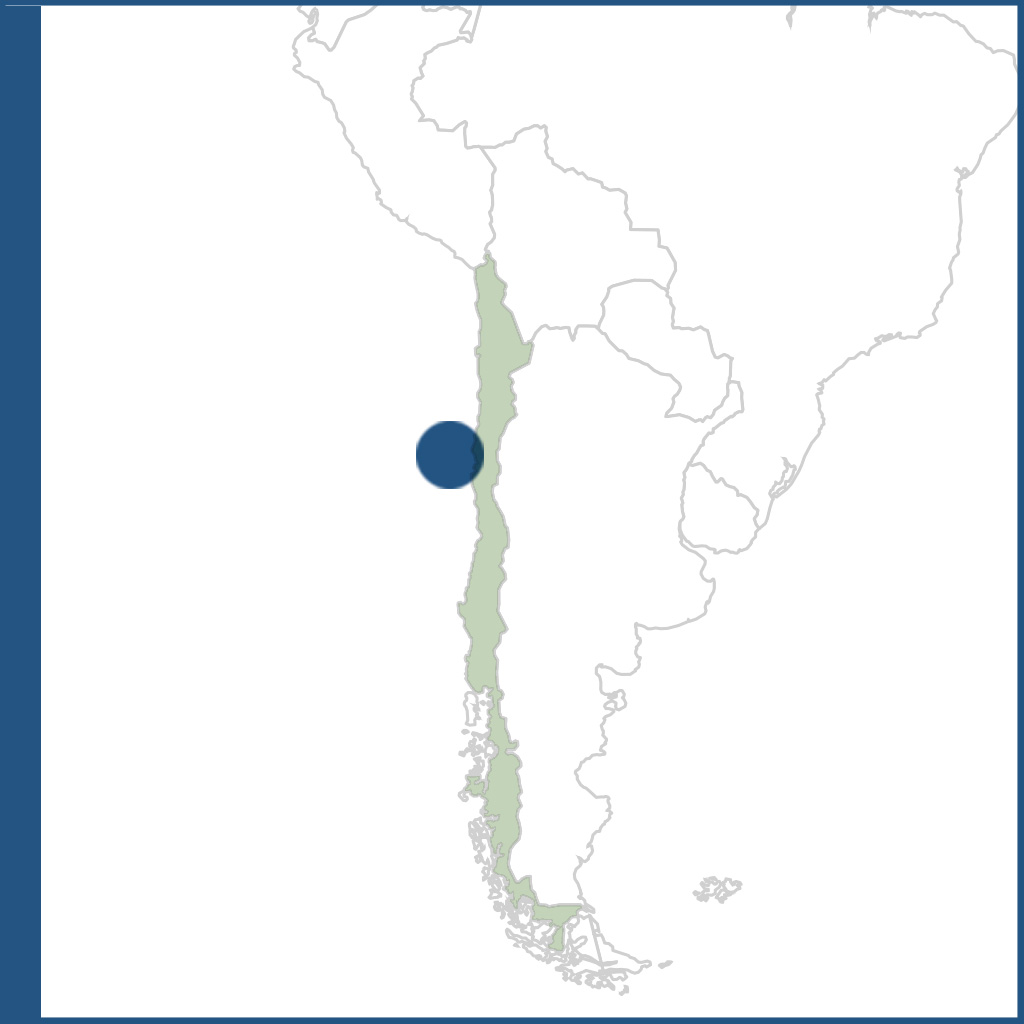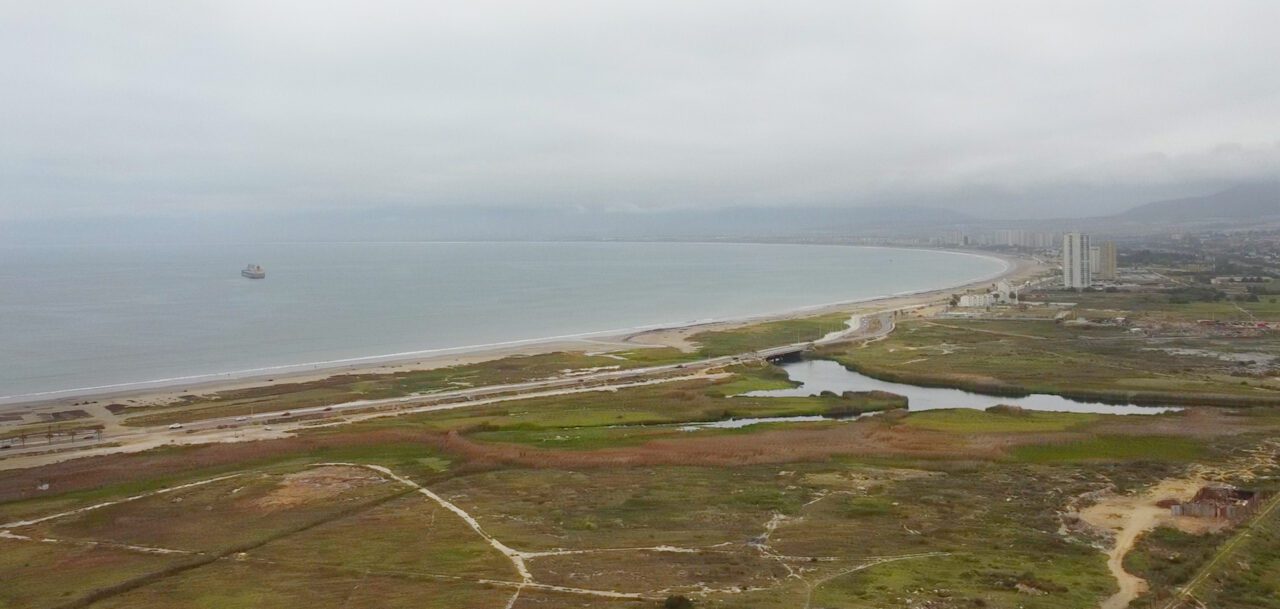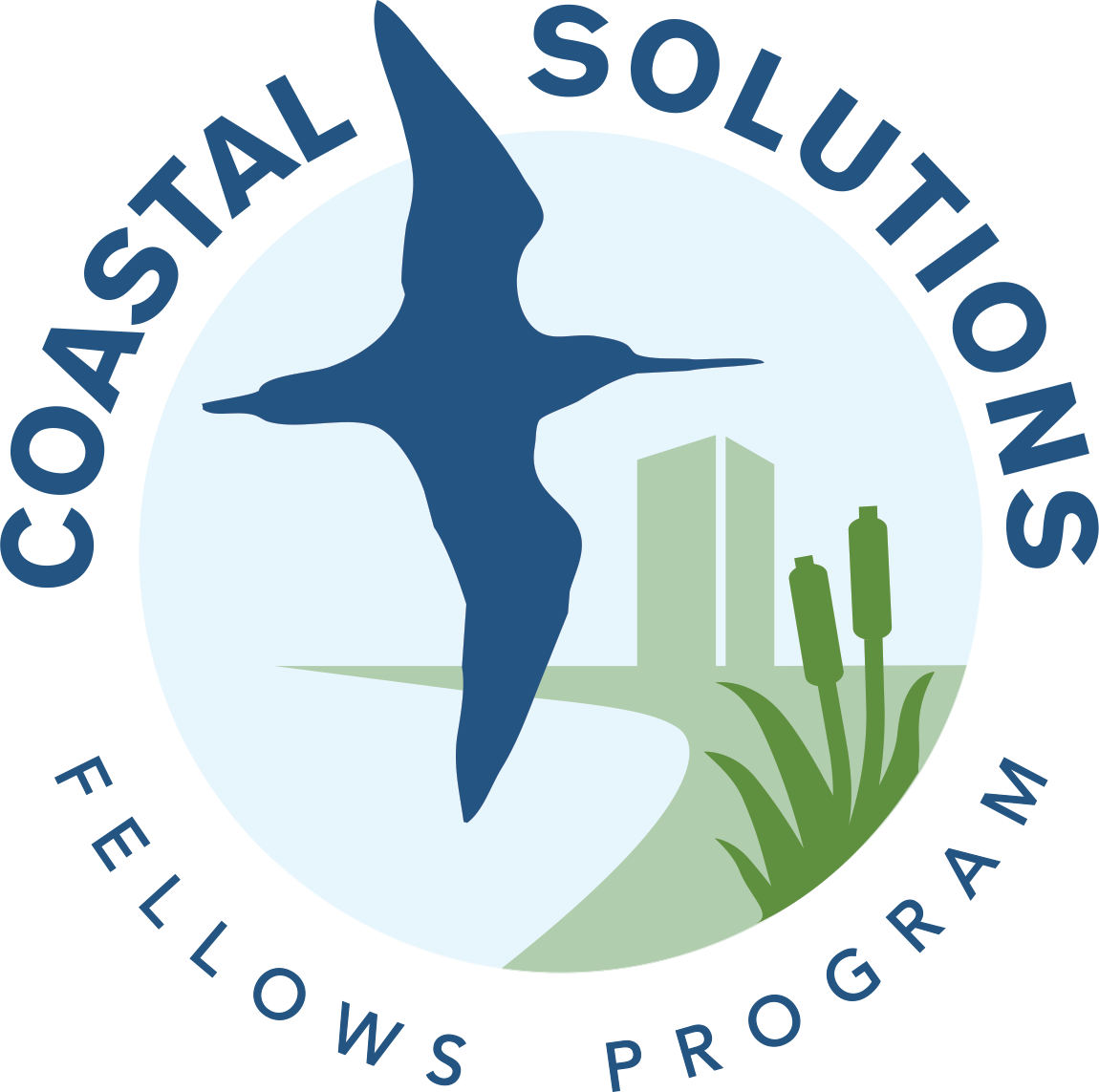María Valladares

Coquimbo Bay: integrated strategy for strengthening coastal resiliency and conservation
Project Site: Coquimbo Bay, Chile
Sector: Academic
Disciplines: Marine Sciences, Conservation Biology, Public Policy
Collaborators: Institute for Public Policy- Universidad Católica del Norte, Institute of Ecology and Biodiversity, Regional Ministry of Environment, Municipality of Coquimbo, Municipality of La Serena, GEF Humedales Costeros, Red de Observadores de Aves y Vida Silvestre de Chile (ROC), Surgencia, Observatorio de la Costa
María Valladares obtained her BSc in Marine Sciences and MSc in Integrated Coastal Zone Management at the University of Cádiz in Spain, and holds Diplomas in Environmental Management and Energy Sustainability, Climate Change and Low-Carbon Development, and in Analysis and Sociocultural Intervention in Disasters from the University of La Serena, the University of Chile, and the Pontificia Universidad Católica de Chile, respectively.
Since her arrival in Coquimbo (Chile) in 2013, she has worked on several research projects related to oceanographic-atmospheric monitoring, aquaculture, and climate change at the Center for Advanced Studies in Arid Zones (CEAZA), AquaPacífico Aquaculture Innovation Center, and the Catholic University of the North, carrying out her work in the Region of Coquimbo, Region of Atacama, Juan Fernández Archipelago and Rapa Nui.
She has participated in the preparation of a quarterly bulletin designed for oceanographic-meteorological diagnosis, to provide a tool to improve adaptation to climate change in coastal communities, and in the co-development and implementation of oceanographic monitoring programs with artisanal fishermen and mollusk farmers. Likewise, she has participated in the “Central and South America” chapter in the working group 2 of the VI IPCC Report, and in the AdaptaClim project: Climate Indicators for Adaptation in the Region of Coquimbo.
In 2018 she founded and is the current president of the Non-Governmental Organization ‘Surgencia’ with the aim to contribute to the conservation and enhancement of the marine-coastal heritage of Coquimbo through interdisciplinary science to protect threatened coastal ecosystems and empower communities. Through the NGO, and together with her multi-disciplinary team, she has developed several projects focused on environmental outreach, coastal governance, articulation of stakeholders and connections with environmental organizations, academia, and public institutions.
María’s Coastal Solutions project is located in Coquimbo Bay, a priority site in the Pacific Americas Shorebird Conservation Strategy (PASCS), an Important Bird and Biodiversity Area (IBA) and a proposed site in the Western Hemisphere Shorebird Reserve Network (WHSRN).

The La Serena-Coquimbo conurbation has experienced a large population increase and expansion in recent decades, placing it as the fourth urban entity in the country. Urbanization in the coastal area and an economic development approach that promotes sun-and-beach tourism have resulted in a degradation of the coast. Faced with this scenario, multiple protection initiatives promoted by various sectors have emerged, but lacking an articulated governance.
This project seeks to promote the conservation and protection of the coastal ecosystems and shorebirds in Coquimbo Bay through an integrated conservation strategy with three strategic lines: strengthening of governance and stakeholders’ articulation, implementation of a citizen science program to support conservation decision-making, and development of shorebird conservation strategies and human wellbeing. These lines will allow the development of an integrated management model for the coastal zone, a participatory management plan for El Culebrón wetland, the strengthening of local capacities for conservation, protection of American Oystercatcher nesting areas, and the engagement of the community in these initiatives.
María will be supported by her mentor Dr. Maria José Martínez-Harms, Principal Researcher of the Institute of Ecology and Biodiversity, Adjunct Researcher at the Coastal Social-Ecological Millennium Institute, and a researcher at the UPWELL Millennium Nucleus. Her academic career has been focused on exploring science-policy approaches that could contribute to narrowing the gap between ecosystem services assessments and conservation decision-making. She is working with her team with a transdisciplinary lens to promote more collaboration and knowledge exchange between ecology and the social sciences to coproduce more legitimate and impactful conservation actions.


The Coastal Solutions Fellows Program builds and supports an international community to design and implement solutions that address coastal challenges across the Pacific Americas Flyway. Our main goal is to conserve coastal habitats and shorebird populations by building the knowledge, resources, and skills of Latin American professionals, and by fostering collaborations among multiple disciplines and sectors.
